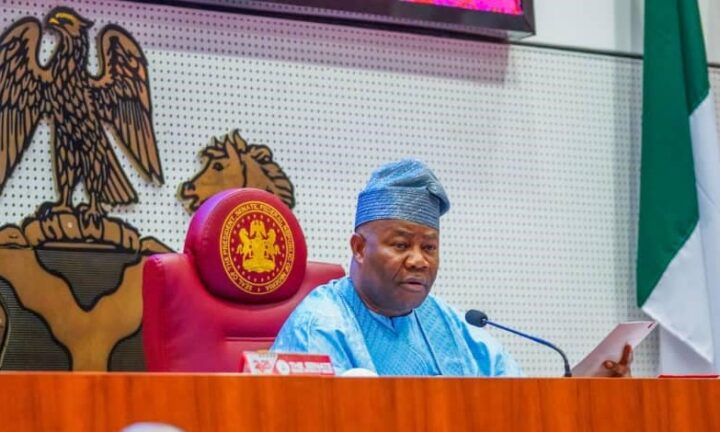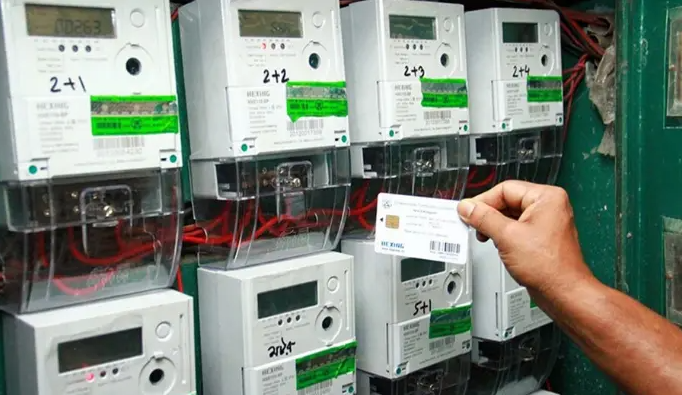Standard and Poor’s (S&P), the international rating agency, has upgraded Nigeria’s credit outlook from negative to stable, citing President Bola Tinubu’s planned reforms.
A credit rating is a measure of how likely a company or government entity is able to pay back its debts, based on an independent assessment of its financial health.
In a statement released on Friday, S&P said it has affirmed Nigeria with a ‘B-/B’ rating.
“S&P Global Ratings revised the outlook on Nigeria to stable from negative. At the same time, we affirmed our ‘B-/B’ long- and short-term foreign and local currency sovereign credit ratings on Nigeria,” the statement reads.
Advertisement
“We also raised our long- and short-term Nigeria national scale ratings to ‘ngBBB+/ngA-2’ from ‘ngBBB-/ngA-3’.
“The higher national scale rating reflects the improving reform momentum as well as our view of the sovereign as the most creditworthy entity in the domestic markets. The transfer and convertibility assessment remains ‘B-‘.”
S&P said the improved outlook comes after Tinubu removed petrol subsidy, suspended Godwin Emefiele as the Central Bank of Nigeria (CBN) governor, and overhauled the nation’s exchange rate policies.
Advertisement
“Upon assuming office on May 29, 2023, the new administration announced a series of reforms including the removal of fuel subsidies, the liberalization of the exchange rate regime, and governance changes at the Central Bank of Nigeria (CBN),” S&P said.
“Earlier in May, the previous national assembly had already signed into law the securitization of Ways and Means advances (direct central bank lending by the central bank to the government to finance deficits) into long-term, lower-cost instruments.
“We believe these measures will gradually benefit Nigeria’s public finances and its balance of payments.”
The rating agency projected that the elimination of petrol subsidy and the securitisation of the Ways and Means advances will generate fiscal savings of around 2.5% of GDP in 2023.
Advertisement
On May 29, Tinubu announced that “petrol subsidy is gone” — a pronouncement which immediately led to a hike in the pump price of the product across the country.
On June 14, the CBN announced the unification of all segments of the forex exchange (FX) market, implying that the exchange rate will rise or fall based on the supply and demand in the market.
The apex bank’s policy followed a declaration by the president that the “monetary policy needs thorough house cleaning”.
Advertisement
Add a comment







